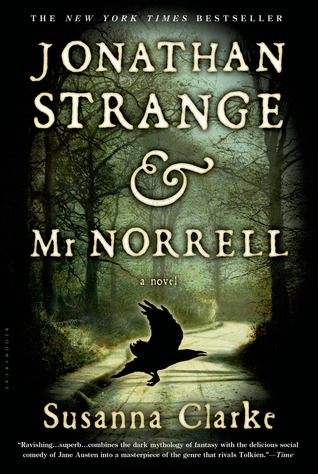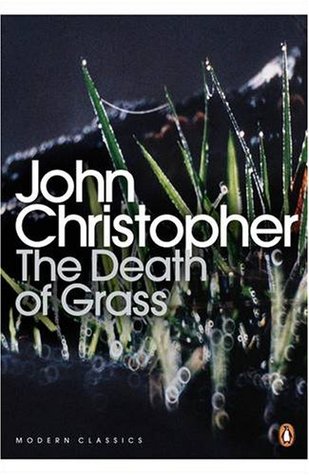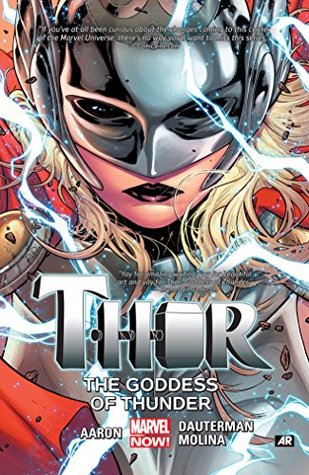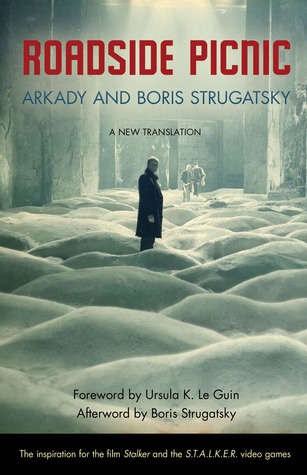I hoped to love this, because I have enjoyed the late David Gemmell’s work (some of it more, some less), but this just went too slow for me. I don’t necessarily mind a slow build, but this was a trope salad: it felt like typical epic fantasy, and the prose didn’t elevate it above that. Sure, the prose and setting were decent, and some aspects of the setting were really well described — the darkness, claustrophobia and caution endemic among the sewer people, for example. But it was lacking… something. A spark, some originality, characters to love; any one of those things would have rescued it, for me.
So, at around 20% of the way, I confess I stopped reading. If you’re looking for epic fantasy, this might still be your thing; maybe if I was in the mood for something comfortingly traditional, it would’ve gone down okay. But I’ve got Raymond E. Feist and David Eddings and, indeed, David Gemmell, for traditional fantasy. I wanted something fresh, and The City wasn’t it. I didn’t expect Stella Gemmell to burst any major boundaries, but this story felt like it could be set in part of Feist or Eddings’ worlds, rather than a new fantasy world dreamed up entire.
Rating: 1/5



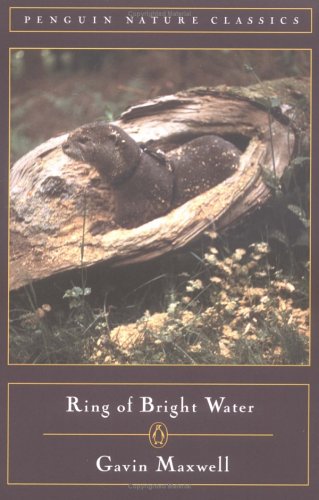 Ring of Bright Water, Gavin Maxwell
Ring of Bright Water, Gavin Maxwell